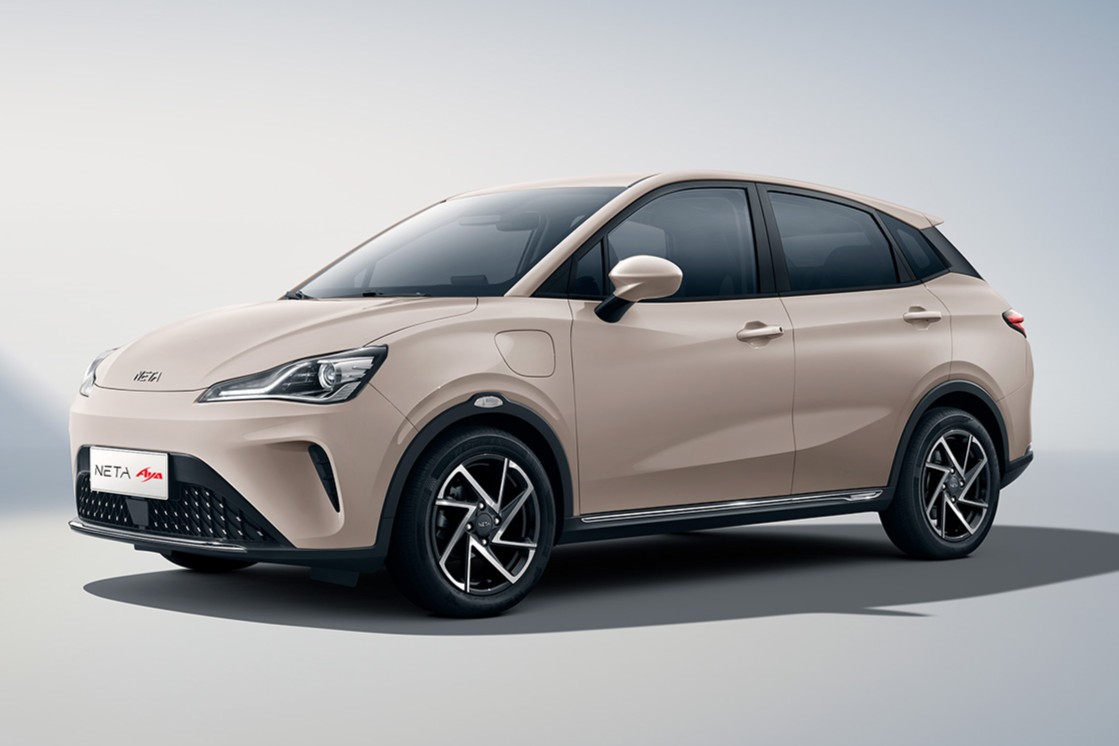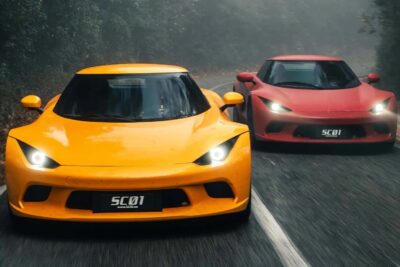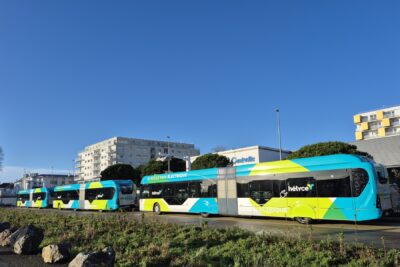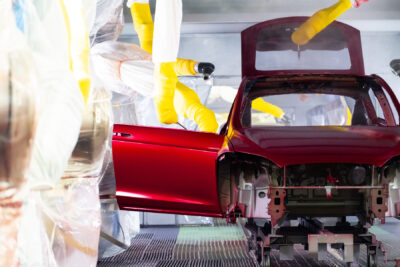Neta and Zeekr accused of inflating sales figures
According to Reuters, both brands systematically manipulated sales figures to reach ambitious targets. At Neta alone, over 60,000 vehicles were reportedly recorded as sold before finding actual buyers. Reuters states this was made possible by insuring vehicles before selling them, which in China is sufficient to declare them sold.
Between January 2023 and March 2024, Neta is said to have recorded 64,719 vehicles in this way – more than half of its officially reported 117,000 sales in that period. Zeekr, Geely’s premium brand, allegedly employed the same method in late 2024 in Xiamen. Sales records and buyer statements cited by Reuters indicate vehicles were insured via state dealer Xiamen C&D Automobile before actual sale.
Zeekr has rejected the allegations. In a statement, the company said it had never declared vehicles as sold before handing them over to customers. The affected cars were unregistered showroom models that legally remain classified as new vehicles.
Zeekr explained the vehicles were only insured with mandatory motor insurance while on display in showrooms. No formal registration or invoicing occurred, meaning they remain legally unused and new. The company added that sales of these display models are fully transparent, with clear labelling on online ordering platforms and full consumer rights protection.
Zeekr also announced it had set up an internal review team to investigate the sales processes mentioned in media reports. The aim is to resolve any misunderstandings and improve customer experience. Zeekr emphasised its zero-tolerance policy towards misleading practices and reiterated its commitment to a fair and sustainable EV market in China.
Zero-mileage cars as a sign of market distortion
China’s EV market is seen as overheated. The government has urged manufacturers to reduce aggressive discounting and criticised the practice of ‘zero-mileage used cars‘, where excess new vehicles are briefly registered then sold as used cars.
According to Auto Review, a magazine from the industry association, the government plans new regulations to prevent vehicles from being resold within six months of registration.
This is also not the first time authorities have pointed the finger at EV makers in China. Just a few weeks ago, an investigation showed that many companies had collected subsidies for electric cars that did not actually qualify. The fraudulent claims amount to more than 45 million euros.
Criticism from analysts and media
In this case, some buyers told Reuters they only discovered after purchase that their vehicles had been insured for months – information withheld at contract signing. A Neta dealer countered that the company had clearly communicated that insured cars count as sold, describing the insurance as a free extra – though it began at preregistration.
A Zeekr buyer told Reuters he received a discount and a 10,000 yuan charging voucher when purchasing through a specific dealer. Many Zeekr vehicles were reportedly insured under company names but later sold to private customers.
Neta’s parent company Hozon is bankrupt
The revelations cast a harsh light on both manufacturers’ situations. Neta’s parent, Zhejiang Hozon New Energy Automobile, filed for bankruptcy before Reuters published its report, having closed most Neta outlets in June. After peaking at 152,000 vehicles in 2022, Neta sales fell to 88,000 in 2024 and just 1,215 units in Q1 2025.
Geely, which is currently delisting Zeekr, saw shares fall up to 4 per cent on the Hong Kong stock exchange – its steepest drop since June. However, as stated, the company has already denied the allegations.
reuters.com, carnewschina.com (Zeekr response)





0 Comments